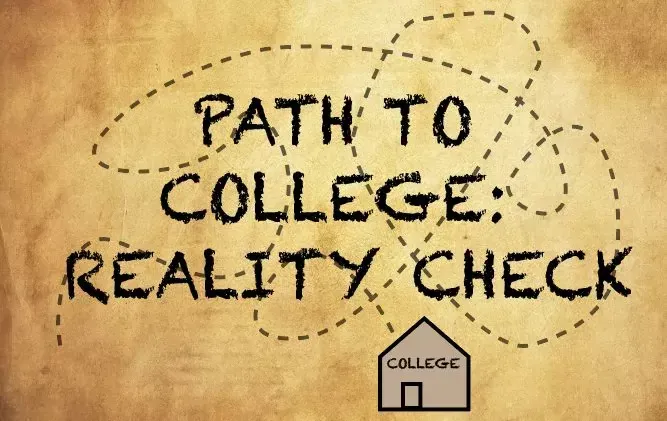Where will I be living next year?
One of the big questions you have as a student (and your parents too) is ‘Where will I be living next year?” Be sure to explore the housing choices on campus and learn which choices are available to you.
Housing Styles
·Traditional residence halls typically have double occupancy rooms off of a hallway, with shared bathrooms for several rooms. This is usually the most common option for incoming freshman.
·Suite-style residence halls have more of an apartment feel. Several students share a common living and kitchen area, with bedrooms sharing bathrooms. Although often available to upperclassmen, some colleges offer these for freshmen.
·Apartment-style residence halls are as they say - student apartments. These are most often for upperclassmen or married students.
Themed Communities
· Living/learning communities - Many colleges offer themed living communities. Those themes may be honors, specific academic programs, language or culture based, or communities based on lifestyle commitments like green living or substance free.
· First Year Experience - Often in addition to housing together, classes are offered for first year students to take together. Living in first year experience housing gives students opportunity to learn and grow together.
Other considerations
1. Meal Plans: How is the meal plan handled - all you can eat meals, or a la carte? Are there options for extra dollars to use in the coffeeshop or student market? What happens on the weekend for meals? Think about your lifestyle (do you eat on the run or sit down for each meal) and choose a meal plan that fits.
2. Gender housing: Are there single sex dorms? Single sex floors? Transgender friendly housing? Single sex rooms (with both genders in rooms next to each other?) How are the bathrooms set up? What will make you comfortable?
3. Alcohol and Drug policies: Be sure to ask about party rules, for you and guests. Is it a dry campus? Are some dorms designated drug and alcohol free? Obviously, all campuses follow the law when it comes to drinking and drug use, however some schools may have more strict policies for the campus or for certain residence halls.
4. Security: How secure is the housing? Do you have to have ID to get inside the building? What other security measure are in place? Can you have guests? What are the restrictions for guests?
Take Action
Check online for each college’s housing options. Make a list of criteria that are most important to you and ask about housing during your admitted student visits.











